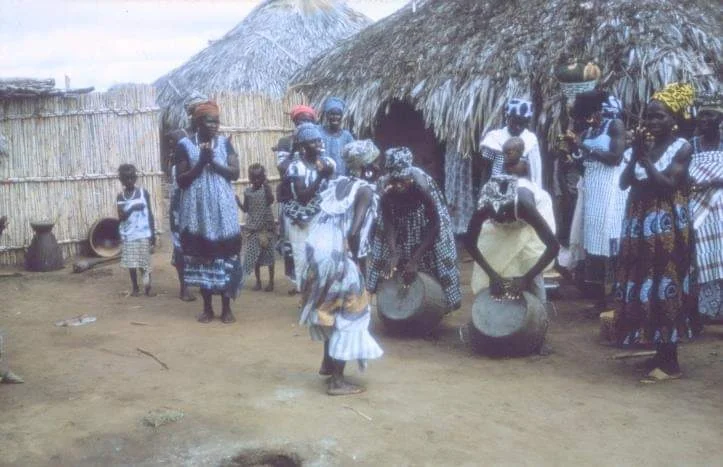Celebrating Black History Month: Honouring Cultural Legacy Through Literature
Black History Month is a time of global reflection and celebration, honouring the vibrant history, profound achievements, and lasting contributions of Black people. From leaders who reshaped the course of history to artists, writers, musicians, and intellectuals, Black culture has had a profound and undeniable influence on society.
As an African writer, I believe literature is one of the most powerful tools we have to preserve and share the stories that define our history.
Literature as a Historical Record and Catalyst for Change
For centuries, Black authors have documented the Black experience, exploring themes of identity, resilience, resistance, and cultural pride.
Poets and philosophers like Frantz Fanon, Toni Morrison, Chinua Achebe, Maya Angelou, and Wole Soyinka have not only shaped the literary landscape but have also influenced global movements for civil rights, equality, and social justice.
Their works continue to inspire new generations of writers, readers, and thinkers worldwide.
In particular, African writers such as Ngũgĩ wa Thiong’o, Chimamanda Ngozi Adichie, and Ben Okri have utilised the power of storytelling to share their cultures, personal histories, and the complexities of African societies with global audiences. They helped pave the way for modern African authors—myself included—to add our voices to this ever-expanding narrative.
Supporting Contemporary Voices
While we honour the historical figures who paved the way for Black progress, we must also recognise the role of contemporary voices who continue to challenge societal norms and neocolonialism.
Black and African writers today reframe cultural narratives, illuminating struggles, triumphs, and stories that are often overlooked in mainstream conversations.
Literature serves as a bridge between generations, connecting past struggles with present realities and future hopes. It challenges stereotypes, uplifts marginalised voices, and gives historical context to lived experiences. Supporting contemporary Black and African authors is vital to ensuring their voices continue to shape the world.



